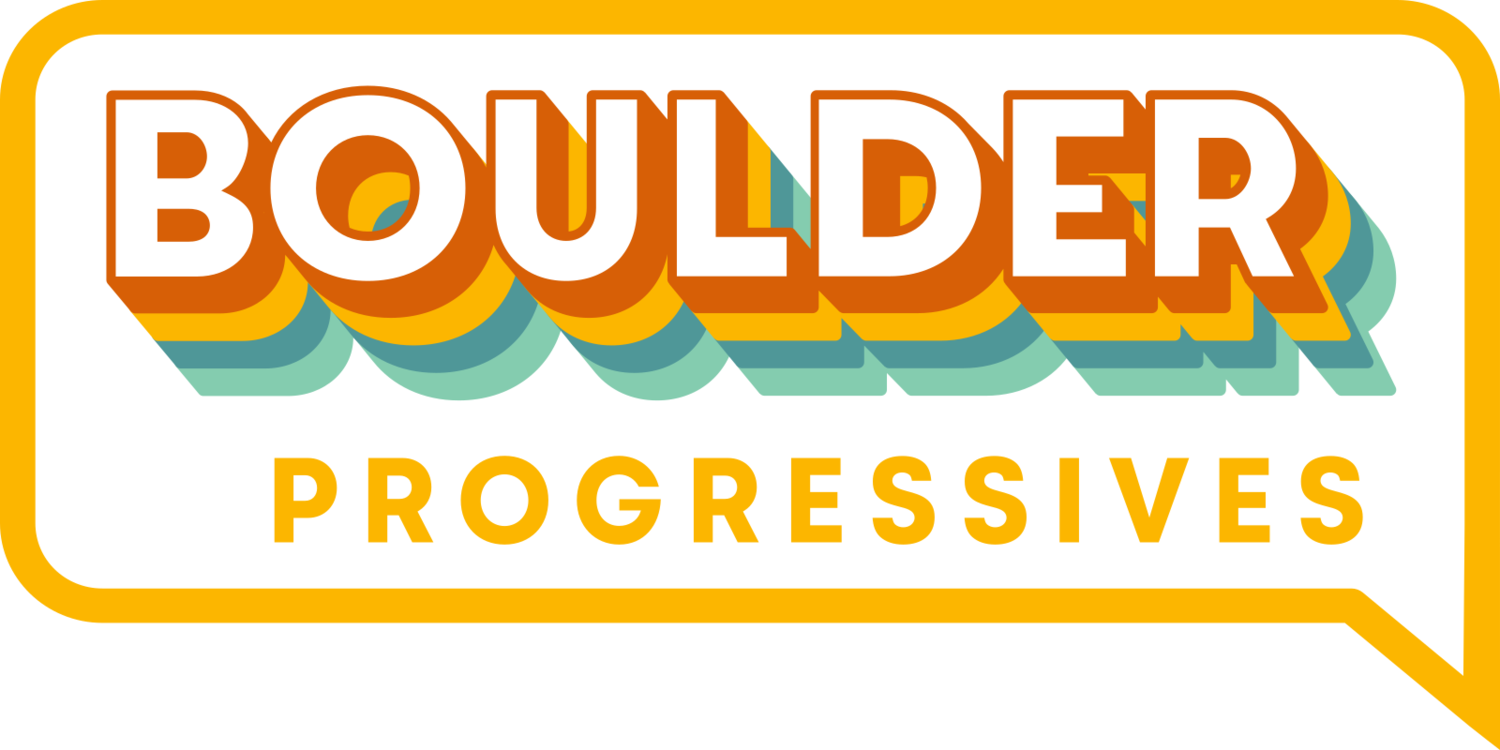Homelessness Proposals
Image Courtesy of Colorado Village Collaborative
Enable Tiny Homes as a legitimate option for long-term and transitional housing. Tiny homes have grown in Colorado and around the country as a solution to provide secure transitional housing, particularly for populations that might experience barriers to utilizing existing shelter resources, including veterans, women and transgender people, and people with families or pets.
What problem(s) does this proposal aim to solve?
Because accessory dwelling units (ADUs) in Boulder must be attached to a foundation, it is illegal to live in an unattached tiny home on wheels (THOW) such as an RV parked on someone’s property. By contrast, Tiny Homes can be a legal, portable, inexpensive, and supply us with an additional tool to increase the stock of housing available to community members living far below the poverty line.
By legalizing these forms of housing through zoning changes, the city council can allow private property owners to voluntarily increase the stock of very affordable housing without requiring any investment from the city.
Tiny homes are extremely difficult to build in Boulder under current zoning rules, including the requirement that tiny homes must be attached to a foundation.
Tiny home villages are not meant to substitute for affordable permanent housing, but rather to provide low-cost transitional housing on underutilized space, e.g. parking lots.
This change could accompany improvements to existing ADU regulations, which unnecessarily limit ADU development through making ADUs expensive and difficult to build.
City ordinances legalizing THOWs typically do not permit them on city streets and require them to abide by existing density regulations, with the exception of tiny home villages.
Many in Boulder are concerned with camping in public spaces and on private property.
Currently, when unhoused individuals are moved from these spaces they do not have anywhere else to go.
By providing SOS sites, we can provide safe places for people who need an environment other than a traditional shelter.
Council can expedite the timeline and define the project clearly by utilizing the following resources:
Council should direct staff to develop code and possible zoning changes that would legalize tiny homes on wheels (THOW).
The joint HAB/HRC committee on the unhoused researched the possibility of a tiny home pilot in 2020 and provided recommendations, including identifying a strong nonprofit partner.
Recent projects serving as local examples include pallet homes in Aurora in partnership with The Salvation Army, pallet homes in Grand Junction in partnership with the local animal shelter, and a mix of safe spaces throughout Denver including tiny home villages and robust ice fishing tents supported by Colorado Village Collaborative.
For THOW’s, Portland, OR’s Shelter to Housing Continuum project legalized one tiny home on wheels per lot and created a special use case to legalize tiny home villages. San Jose legalized THOWs on single-family home properties with a streamlined development process as a subset of ADU regulations. Oakland also recently legalized RVs and other THOWs by removing the requirement that such homes are attached to a foundation.

